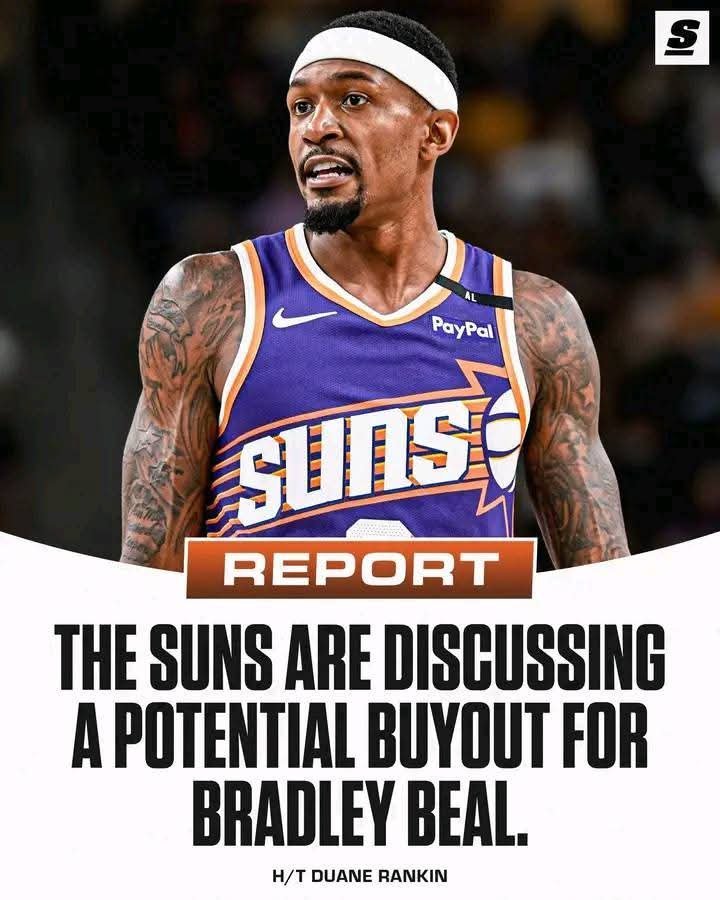Here’s a compelling, in-depth feature exploring one NBA superstar’s contract that’s dominating headlines—and why the entire league is watching closely
- Luka Dončić’s Blockbuster Decision: Worth It or Too Rich?
The NBA world is buzzing about Luka Dončić’s looming four-year, $228 million extension, eligible in August 2025—a contract that could reshape not only the Dallas Mavericks but the entire league’s future direction . Luka stands at a crossroads: accept what may end up being one of the most powerful deals in NBA history or gamble on free agency after the 2026–27 season. The stakes? Immense.
The Upside: Superstar Stabilization
For Dallas, locking in Dončić sends a clear message: “We build around you.” Retaining a generational talent known for his jaw-dropping scoring, elite playmaking, and postseason magic is a priority. Per ESPN’s Brian Windhorst, Luka’s choice could dramatically reshape the Mavericks’ offseason strategy and roster-building calculus . A signed superstar also boosts fan engagement and marketing potential—critical in today’s media landscape.
⚖️ The Risk: Salary Cap Ripples and Roster Rigidity
Yet, a massive deal like this comes with price tags beyond raw dollar values. Locking up over $50 million annually could squeeze the Mavericks’ cap flexibility, constraining their ability to sign top-tier role players or chase secondary stars. The NBA’s rising salary cap is pushing player salaries sky-high—but as Forbes notes, records like Jaylen Brown’s $304 million deal and Anthony Davis’s $186 million extension may signal growing cap inefficiency, particularly under new trade restrictions .
Contract-Year Phenomenon and Performance Concerns
Another angle: do players dip after securing big contracts? Research on the “contract-year phenomenon” suggests performance spikes in seasons before free agency, then often drops afterward . If Luka’s numbers trend downward once secured, Dallas may question the long-term value of the deal.
Likewise, Reddit discussions reveal fans’ concerns over massive guaranteed contracts stifling team building:
> “Teams lose flexibility … having a max player on the bench kills roster-building.”
With max-cap deals dominating cap sheets, it’s a common worry that championship windows are shrinking in size and scope .
League-Wide Implications
Luka’s situation isn’t just about Dallas—it could define the next wave of supermax contracts. If use-percentage stars regularly snag colossal deals, other teams may struggle to sustain balanced and deep rosters. The CBA’s evolving trade and tax restrictions only add to the complexity. As players like Nikola Jokić ($264 million extension) and Shai Gilgeous-Alexander ($285 million) set new precedents , Luka’s decision may cement where he fits among the salary giants—and signal whether teams will still thrive under such financial pressure.
✅ So—Is It Worth It?
For Luka: A giant payday and potential exit clause to leverage better situations elsewhere.
For Dallas: A heroic anchor and marketing engine—but a looming trade-off between star power and roster depth.
For the NBA: A bellwether contract that could further drive salary inflation and amplify the debate over competitive balance.
Final Take
Luka Dončić’s contract decision could be the NBA’s most pivotal domino this offseason. Locked in, it gives Dallas stability and star power. But the cap pressure may stunt roster building and flexibility—especially in the new era of cap controls. And if performance dips post-extension, critics will pounce.
Ultimately, the answer depends on one thing: will Luka continue to grow as an elite player and leader? If he does, this contract strengthens Dallas and shifts the league. If not, it becomes a cautionary tale. Either way, everyone in the basketball world will be watching.
—





